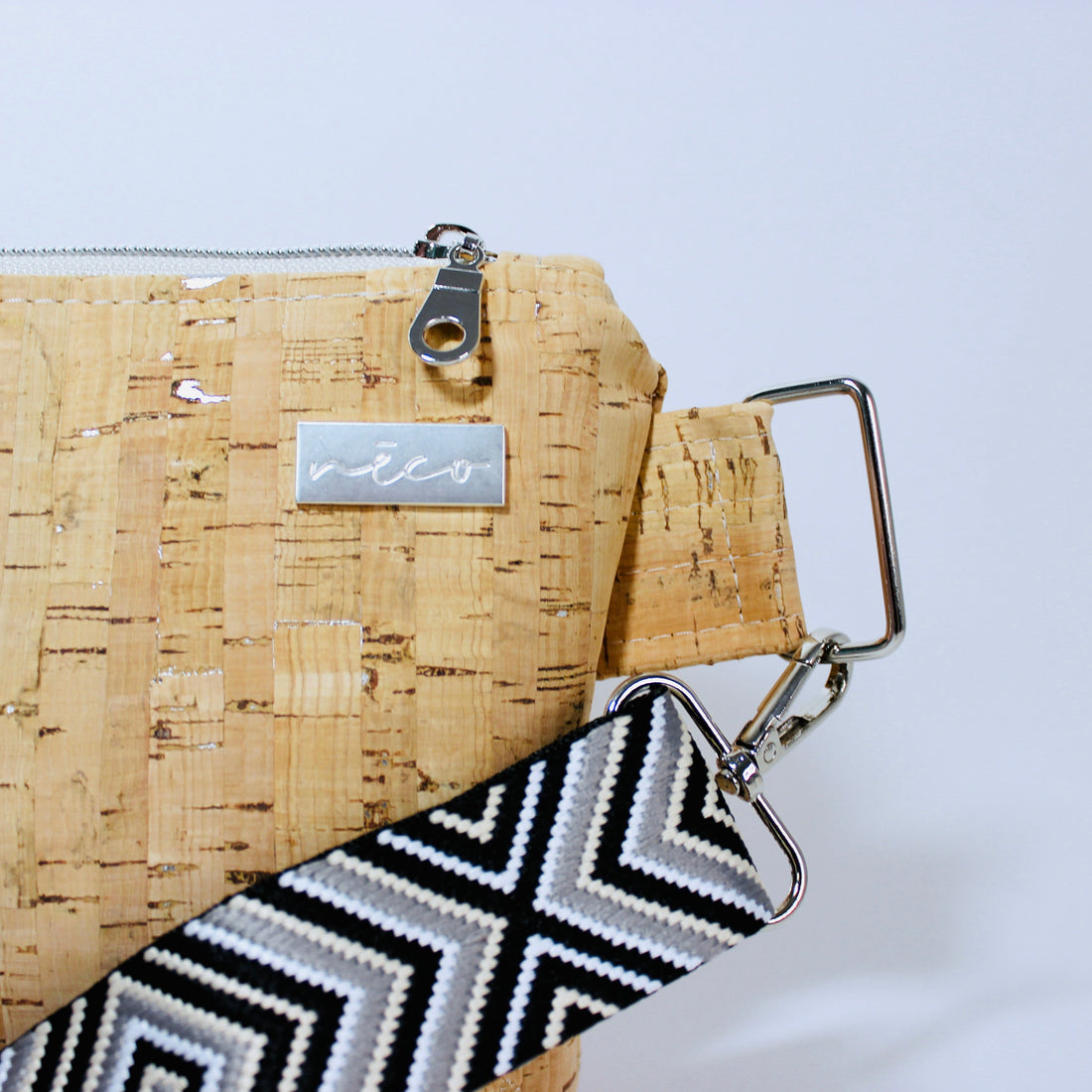
The Truth About Portuguese Cork: Sustainability, Not Over Harvesting
Share
I recently have been asked multiple times, "is Portuguese cork is being over harvested?"
I thought I would share some information on the topic.
Portuguese cork farming has been a widely debated topic in recent years. While some argue that it is being over farmed, the reality is quite different. The process of harvesting cork from oak trees actually promotes their longevity and sustainability. The cork industry is deeply rooted in Portugal, where about 70% of the world’s cork supply is harvested. This industry follows strict regulations to ensure the health and longevity of cork oak forests, which are vital to the ecosystem and economy.
By selectively removing the outer layer of bark every 9 years, it allows the tree to regenerate new bark and continue its natural growth cycle. The cork oak can live for over 200 years, providing around 16 harvests in its lifetime.
Cork forests are an essential part of Portugal's ecosystem, providing habitat for diverse wildlife and acting as carbon sinks, absorbing CO2 from the atmosphere. Additionally, sustainable cork farming supports rural communities by creating jobs and contributing to local economies.
It's important to distinguish between responsible cork farming practices and unsustainable exploitation. Through certification programs like FSC (Forest Stewardship Council) and PEFC (Programme for the Endorsement of Forest Certification), Portuguese growers adhere to strict regulations to ensure ethical production methods. With these measures in place, Portuguese cork remains a sustainable choice for eco-conscious consumers worldwide.
